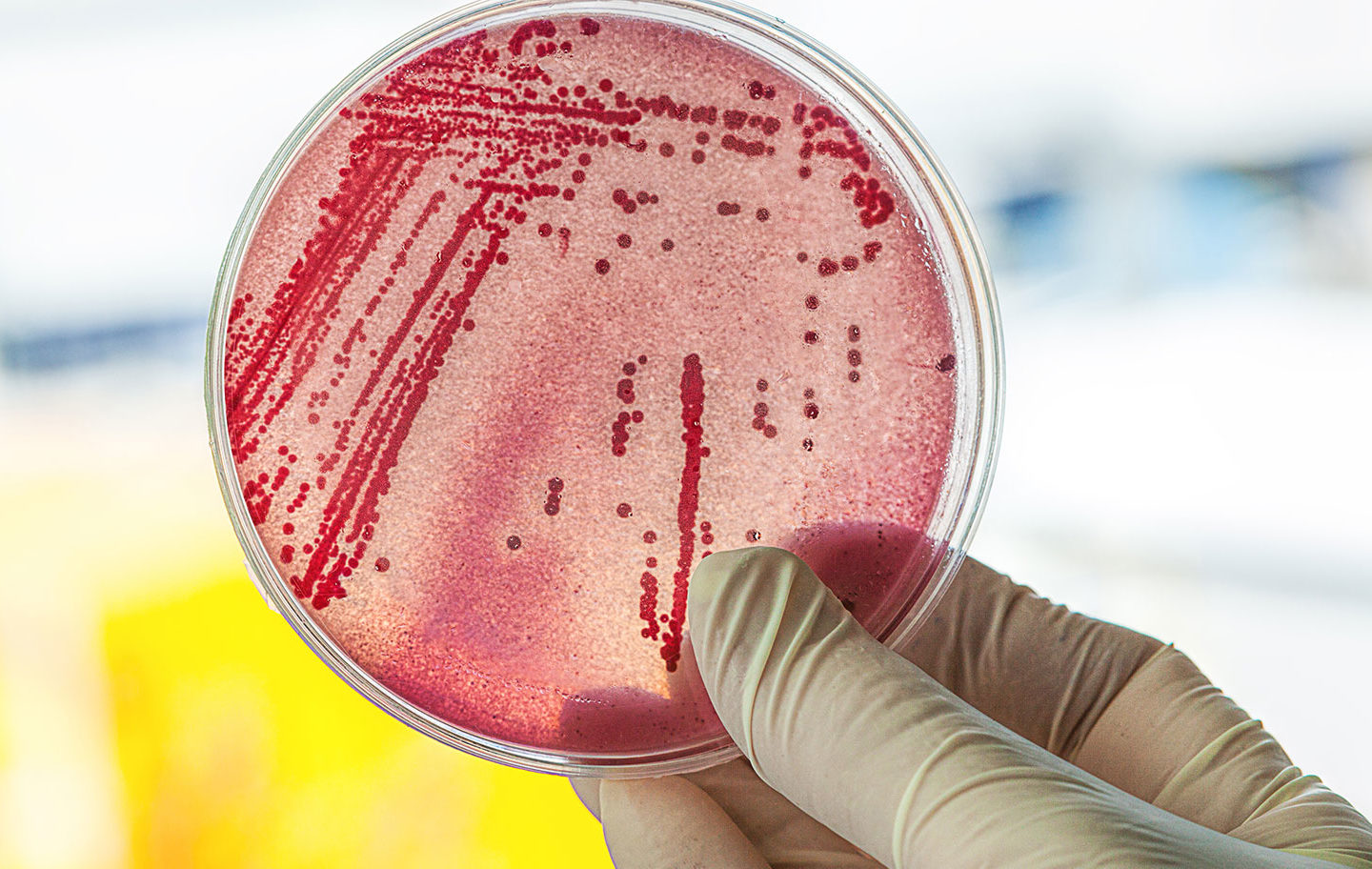Understanding E. Coli Infections: Causes, Symptoms, and Treatments
What is E. Coli?
Escherichia coli (E. coli) is a type of bacteria that is commonly found in the lower intestine of warm-blooded animals, including humans. While many strains of E. coli are harmless and help us digest food, produce vitamins, and protect us from harmful germs, certain strains can cause infections with varying degrees of severity.
Symptoms of E. Coli Infections
Symptoms of E. coli infections depend on the specific strain of bacteria responsible for the infection. Some common symptoms include:
- Diarrhea, which may be bloody or watery
- Nausea and vomiting
- Abdominal pain and cramping
- Fever
- Fatigue
Causes of E. Coli Infections
E. coli infections can be caused by consuming contaminated food or water. Common sources of contamination include:
- Undercooked or raw ground beef
- Unpasteurized milk or juice
- Contaminated fruits and vegetables
- Water from contaminated sources
Treatment for E. Coli Infections
Most E. coli infections are mild and resolve on their own within a few days. Treatment typically focuses on managing symptoms and preventing dehydration. In some cases, antibiotics may be prescribed to eliminate the infection.
Prevention of E. Coli Infections
To prevent E. coli infections, follow these tips:
- Cook ground beef thoroughly to an internal temperature of 160°F.
- Pasteurize milk and juice before consuming.
- Wash fruits and vegetables thoroughly before eating.
- Drink only water from safe sources.
- Practice good hygiene, such as washing your hands regularly.
Conclusion
E. coli infections can range from mild to severe, depending on the strain of bacteria and the individual's health. By understanding the causes, symptoms, and treatments of E. coli infections, you can take steps to prevent them and ensure prompt treatment if they do occur.


Komentar